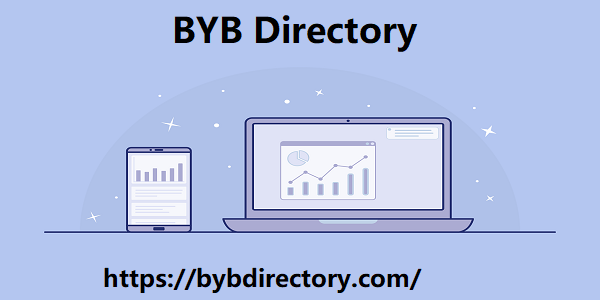Post by account_disabled on Mar 16, 2024 0:53:20 GMT -6
In the summer of 2022, I watched a video by Claudio former director of the Amnesty Tech Security Lab, speaking about Security Without Borders at the 2016 Chaos Communication conference . After following the investigations of Project Pegasus and other projects focused on spyware that was being used to monitor journalists and human rights defenders, the call to action “Find a cause and help others” that he made in the end was It stayed with me for a long time after watching the talk. How I became a technology activist A few days later, Amnesty Tech announced the launch of the DDF program. It was a coincidence that I didn't question. At that point, I had already set out to find a more political and participatory way to share my knowledge.
This was not about technology for technology's sake, but about technological activism to ensure political change. I followed an atypical path for a technologist. Before entering university, my dream was to be a well-known fiction author, but then I changed course and studied industrial automation. I spent five years as a developer in the ICT industry and two as Technology Director for an NGO, where I finally found myself using my technological knowledge to support journalists and BYB Directory activists. My vision of technology, like my approach to art, is nourished by political struggles and the question of how to lead a good life. My action in favor of digital rights follows that course. For me, technology is only one of the many tools that Humanity has at its disposal, and it should never be a barrier that prevents having a dignified life, nor a tool to oppress anyone.

The opportunity offered by the DDF program coincided with my interests and the direction I wanted to give to my activism. During the one-year training program from 2022 to 2023, what I learned proved to be valuable for my work on digital rights. In 2022, a proposal for a regulation was presented in the European Union (EU) establishing standards to prevent and combat the sexual abuse of minors . I focused on advocacy to make it as clear as possible that losing encrypted communication could make life significantly worse for everyone in the EU. We carried out an awareness campaign aimed at journalists, activists and the general public about the importance of end-to-end encryption. Our communication was developed under the motto “We don't know how valuable encryption is until we lose it.” Apti.ro, the Romanian non-profit organization I work with, also participated in the EU-wide campaign, as part of the coalition of civil society organizations led by the European Digital Rights Network (EDRi). To add fuel to the fire, spyware scandals broke out across the EU.
This was not about technology for technology's sake, but about technological activism to ensure political change. I followed an atypical path for a technologist. Before entering university, my dream was to be a well-known fiction author, but then I changed course and studied industrial automation. I spent five years as a developer in the ICT industry and two as Technology Director for an NGO, where I finally found myself using my technological knowledge to support journalists and BYB Directory activists. My vision of technology, like my approach to art, is nourished by political struggles and the question of how to lead a good life. My action in favor of digital rights follows that course. For me, technology is only one of the many tools that Humanity has at its disposal, and it should never be a barrier that prevents having a dignified life, nor a tool to oppress anyone.

The opportunity offered by the DDF program coincided with my interests and the direction I wanted to give to my activism. During the one-year training program from 2022 to 2023, what I learned proved to be valuable for my work on digital rights. In 2022, a proposal for a regulation was presented in the European Union (EU) establishing standards to prevent and combat the sexual abuse of minors . I focused on advocacy to make it as clear as possible that losing encrypted communication could make life significantly worse for everyone in the EU. We carried out an awareness campaign aimed at journalists, activists and the general public about the importance of end-to-end encryption. Our communication was developed under the motto “We don't know how valuable encryption is until we lose it.” Apti.ro, the Romanian non-profit organization I work with, also participated in the EU-wide campaign, as part of the coalition of civil society organizations led by the European Digital Rights Network (EDRi). To add fuel to the fire, spyware scandals broke out across the EU.

 Thank you guest!
Thank you guest!